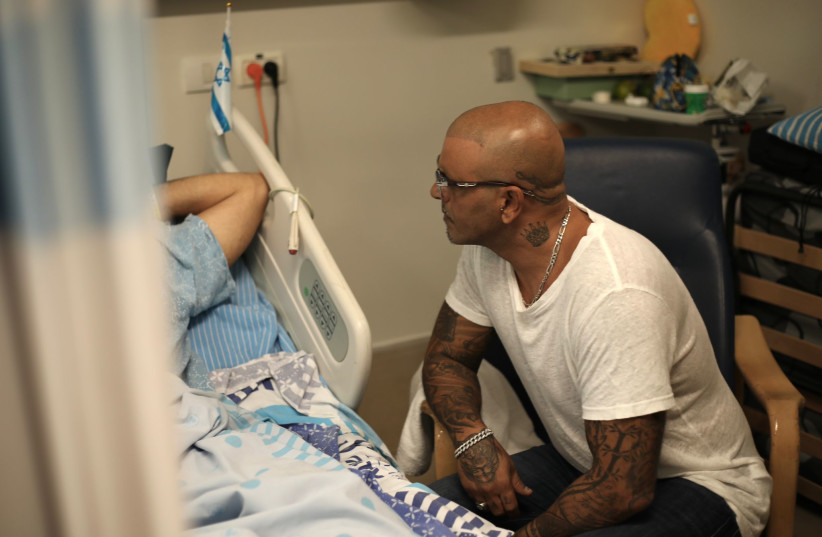From the start of the war against Hamas, 13,000 Israelis, including more than 2,500 soldiers, have been wounded. This was reported by Health Minister Uriel Bosso to the Knesset Health Committee on Monday.
Committee chairman Yonatan Mashriki said that the budget for rehabilitation of the wounded will be increased from 900 to 1,500 beds with a real increase of about NIS 2 billion to the budget of the four public health funds.
The budget for resilience centers to treat people with psychological trauma is also being increased by NIS 180 million, and what they do with the money will be monitored. Mashriki called on organizations and associations to contact the committee on any issue that would advance the health needs of Israeli citizens.
Bosso added that the plan for mental health has been budgeted for NIS 2b. to strengthen the community, especially in the periphery. The multi-year hospital bed plan includes an addition of about 2,300 until 2028.
Promoting health care
These days, the state has an opportunity to promote the neglected public health system. “My goal is to strengthen the public health system so that every person can receive optimal and appropriate service. This is a national task, no less important than strengthening the security system, and its consequences are not only health-related but also economic and social.
Ministry director-general Moshe Bar Siman Tov praised medical personnel and their heroism during the fighting and emphasized plans to promote human capital, prevent chronic disease, and boost infrastructure technologies and the availability and quality of services. He spoke about the need for better protection of hospitals in the north against Hezbollah attacks.
Bar Siman Tov also warned of cyberattacks carried out daily on the hospital system including Ziv, Hillel Yaffe, and Ma’ayanei Hayeshua, and added that the ministry is allocating a considerable amount to deal with this threat.

